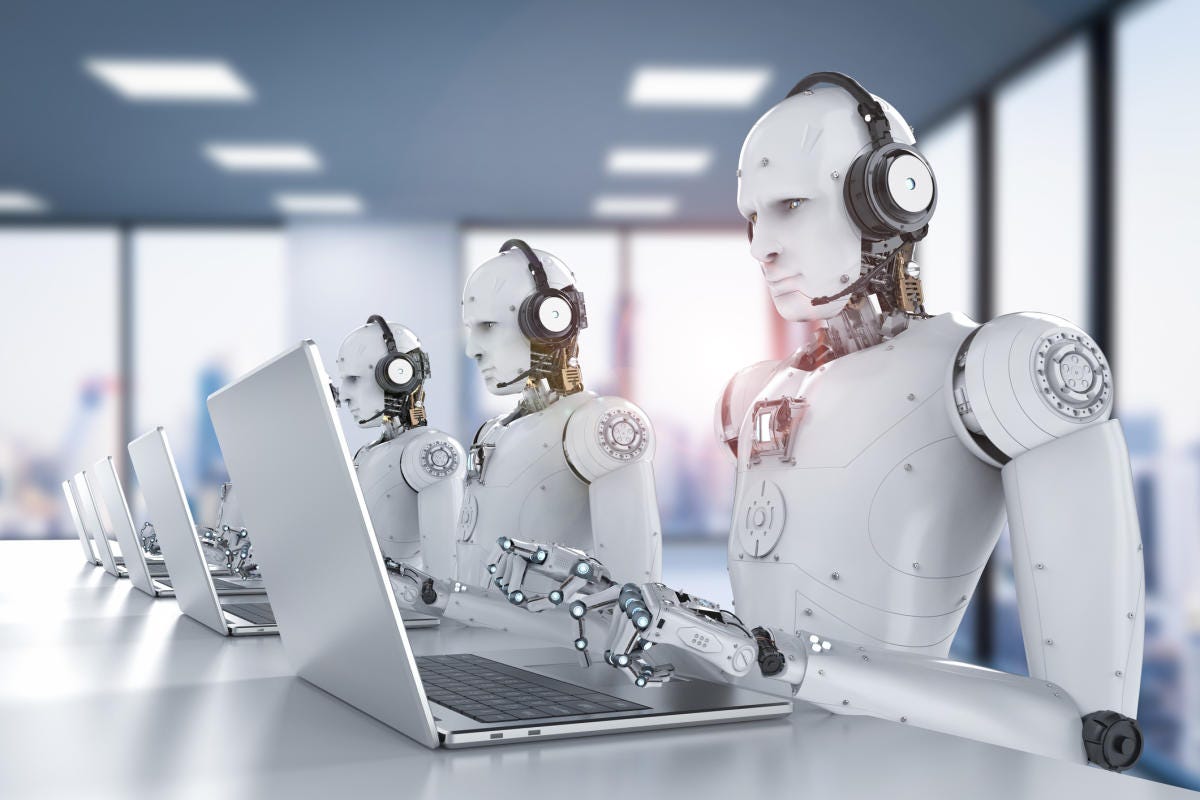Artificial Intelligence (AI) is no longer a futuristic concept—it is an active force reshaping nearly every sector of the global economy. From healthcare and finance to manufacturing and entertainment, AI-driven tools are transforming how industries operate. The rise of machine learning, natural language processing, and generative AI models has enabled automation at a scale never seen before.
Businesses are leveraging AI to improve efficiency, reduce costs, and gain insights that would take humans years to uncover. This growth is expected to accelerate further, with AI projected to contribute trillions of dollars to the global economy in the coming decade.
AI in Healthcare: A Revolution in Patient Care
The healthcare sector is experiencing a dramatic transformation thanks to AI-powered technologies. Hospitals now use AI algorithms to diagnose diseases more accurately and at earlier stages. Imaging tools enhanced by AI help detect cancers, cardiovascular conditions, and neurological disorders faster than traditional methods.
Beyond diagnosis, AI-driven robots are assisting in surgeries, ensuring precision and reducing recovery times. Virtual health assistants and chatbots provide patients with 24/7 medical guidance, making healthcare more accessible, especially in remote regions.
Yet, concerns around data privacy and the ethical use of patient records remain a significant challenge that policymakers and healthcare providers must address.
AI in Business and Finance
In the business world, AI is changing decision-making processes. Financial institutions rely on algorithms to detect fraud, predict market trends, and personalize customer experiences. For instance, banks use AI-powered chatbots to answer queries, reducing wait times and improving customer satisfaction.
E-commerce platforms like Amazon and Alibaba depend heavily on AI recommendation systems that analyze customer behavior to provide personalized shopping experiences. Meanwhile, small businesses are using AI-driven tools for marketing, supply chain management, and sales forecasting, leveling the playing field with larger corporations.
The Role of AI in Politics and Governance
AI is increasingly influencing political strategies and governance models. Governments use AI for public safety, surveillance, and data analysis to shape policy decisions. During elections, political campaigns employ AI-driven analytics to understand voter behavior and target ads effectively.
While AI has the potential to improve governance and service delivery, it also raises ethical questions around surveillance, privacy rights, and misinformation. The misuse of AI-driven deepfakes, for instance, is already a growing concern in global politics.
AI and Global Workforce Transformation
Automation powered by AI is rapidly changing the structure of the workforce. While some industries face job losses due to automation, new opportunities are emerging in AI development, data science, and robotics engineering.
Companies are focusing on upskilling employees to adapt to an AI-driven economy. However, countries with slower technological adoption risk widening inequality as workers struggle to compete in a rapidly changing job market.
Entertainment and Celebrity Culture Enhanced by AI
AI is also playing a major role in reshaping entertainment and celebrity culture. Streaming platforms use AI to recommend shows and movies, while music producers experiment with AI-generated songs. Celebrities are increasingly using AI to interact with fans through virtual assistants, holograms, and personalized content.
At the same time, deepfake technology has blurred the lines between reality and digital manipulation, raising debates about authenticity and the potential misuse of celebrity likenesses.
Ethical Concerns and Regulation of AI
As AI continues to expand, ethical concerns are becoming harder to ignore. Issues such as algorithmic bias, data privacy, and the misuse of AI in warfare demand urgent global attention. Policymakers are under pressure to implement regulations that encourage innovation while preventing harm.
The European Union is leading efforts with its proposed AI Act, which sets guidelines for the safe and responsible use of AI. Other countries are drafting similar frameworks to ensure technology is used ethically and transparently.
FAQs
How is AI transforming healthcare?
It is enabling early disease detection, robotic surgeries, and 24/7 patient support through virtual assistants.
What role does AI play in business?
AI improves decision-making, fraud detection, personalized marketing, and supply chain optimization.
Can AI influence politics?
Yes, it is used for voter behavior analysis, targeted campaigns, and governance improvements—but also raises privacy concerns.
Will AI take away jobs?
Some jobs will be automated, but new opportunities in AI development, robotics, and data science are emerging.
Why are AI regulations important?
They ensure the safe, ethical, and transparent use of AI while preventing misuse in areas like surveillance and misinformation.
Conclusion
Artificial Intelligence is not just a technological advancement—it is a transformative force redefining industries, politics, and global culture. While AI brings unprecedented opportunities for growth and innovation, it also introduces complex challenges around ethics, privacy, and employment.
The future of AI will depend on how governments, businesses, and societies manage its risks while embracing its benefits. With responsible development and regulation, AI has the potential to drive sustainable growth, improve lives, and create a more connected global community.

Leave a Reply